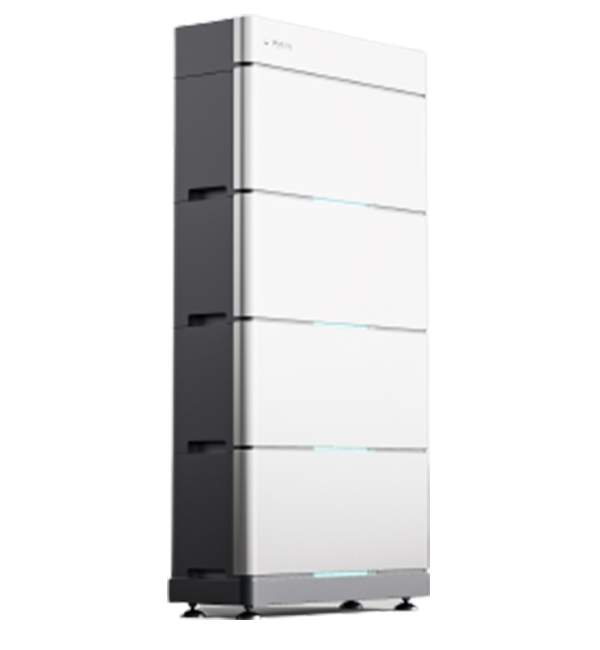
With the continuous growth of energy demand and the improvement of environmental protection awareness, home energy storage system has become the choice of more and more families. Home energy storage equipment, also known as electric energy storage products or "battery energy storage systems" (BESS), is a device that stores electrical energy and uses it when needed. Its core component is a rechargeable battery, usually a lithium-ion battery or a lead-acid battery, and also includes an inverter and a control system that can intelligently control charge and discharge.

First, for households, it can reduce energy bills. By generating and storing electricity independently, households can significantly reduce their dependence on the power grid, thereby reducing electricity costs.
Secondly, the home energy storage system can also avoid peak electricity prices. Energy storage batteries can store electricity during low-peak periods and discharge during peak periods, thereby avoiding expensive electricity bills during peak periods.
In addition, the home energy storage system can also achieve independent power consumption. Families can store solar energy generated during the day and use it at night. At the same time, in the event of a sudden power outage, the home energy storage system can also be used as a backup power supply to ensure normal power consumption for the family.
With the continuous advancement of technology, the performance of home energy storage systems is also constantly improving. Pytes is a leader in this field, our home energy storage system has higher energy storage efficiency and longer service life. At the same time, security has also been greatly guaranteed, and multiple protection measures have been adopted to ensure the safety of users.
Home energy storage systems are also becoming more and more widely used. Especially in some remote areas or areas rich in new energy resources, home energy storage systems have become the first choice for residents. By utilizing renewable energy sources such as solar and wind energy, households can generate their own electricity and store excess electricity for emergency use. This not only reduces dependence on traditional energy, but also saves families a lot of energy expenses, bringing tangible economic and environmental benefits to more families.